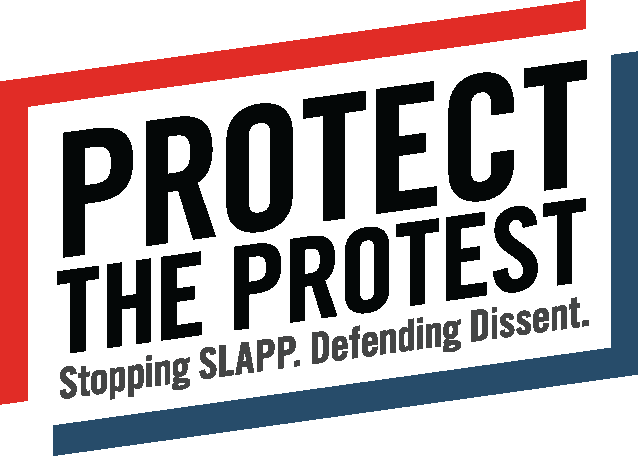Resolute v. Greenpeace
In 2013, Resolute Forest Products (“Resolute”) sued Greenpeace – a Protect the Protest coalition member – and individual Greenpeace employees for voicing their concerns over the company’s continued operations in the boreal forest.
In 2010, several Canadian logging companies and environmental groups signed the Canadian Boreal Forest Agreement (CBFA). Resolute had agreed to discontinue their logging operations in exchange for Greenpeace to refrain from campaigning against the company. After discovering Resolute continued its logging operations, breaching the agreement, Greenpeace rescinded its participation and resumed campaigning against Resolute’s forestry practices. In response to the campaigning, Resolute brought the case in Ontario for CAD$7 million, claiming economic interference and defamation.
The 2013 lawsuit in Ontario Superior Court is still pending. The most recent update is from March 2023, where the Court denied Resolute’s motion relating to discovery.
In 2016, Resolute filed another lawsuit for CAD$300 million against Greenpeace and five individual staff members in a Georgia District Court for violations of the Racketeer Influenced and Corrupt Organizations Act (RICO). This case was transferred to a California District Court, as Resolute could not demonstrate how the case was sufficiently related to the state of Georgia. In 2017, the U.S. District Court for Northern California dismissed Resolute’s claims and awarded legal fees under California’s Anti-SLAPP law.
In November 2017, Resolute repackaged the previous claims and refiled the amended complaint. In 2019, all of the RICO claims were dismissed, but the judge allowed the defamation and California Unfair Competition Law claims to continue. In April 2023, after seven years of litigation, the Northern District Court of California granted Greenpeace’s motion for summary judgment, dismissed the case, and denied Resolute’s motion to amend the complaint.
After ten years of litigation, two lawsuits have been dismissed, and one is still pending. All three lawsuits include meritless claims meant to silence Greenpeace and deplete the resources devoted to advocating for environmental justice. Corporations file SLAPP lawsuits, such as these, in an effort to chill free speech and advocacy. While just over 30 states have Anti-SLAPP legislation, many are outdated, and cases such as this highlight the need for federal legislation.

